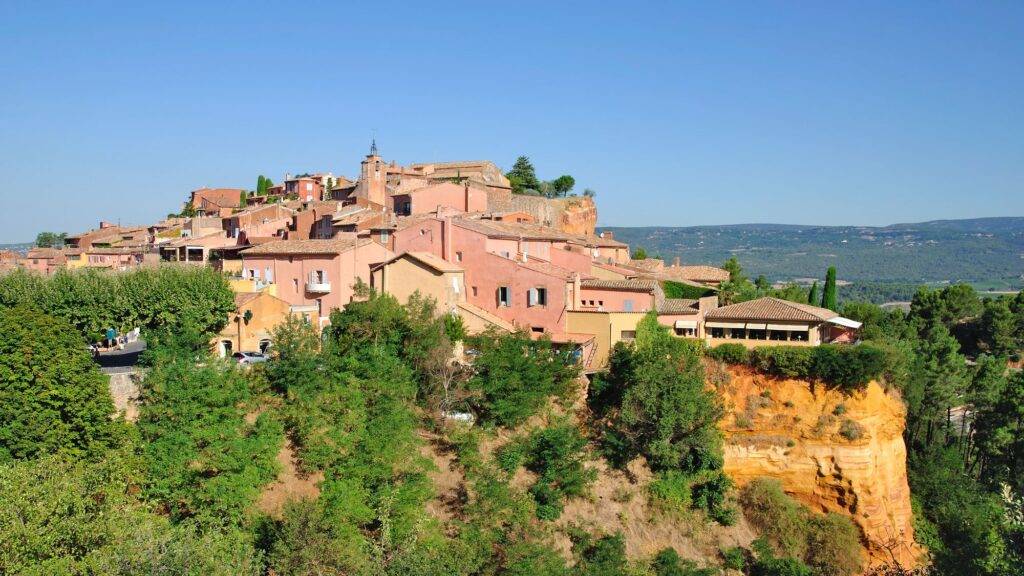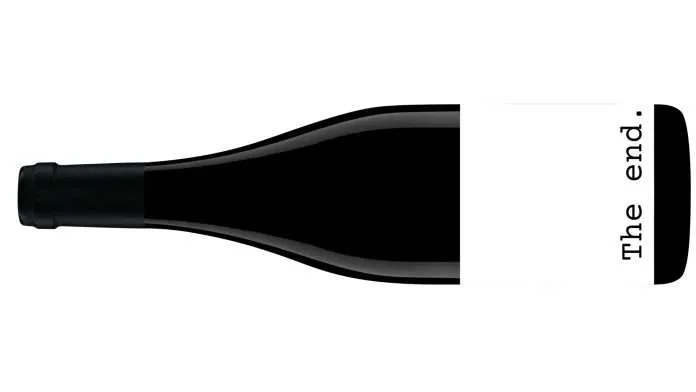Yes, you read that right: artificial intelligence has made its debut in the world of wine. While its benefits for optimizing resources and work are undeniable, its ability to make wine was quite a revelation.
The use of artificial intelligence in the wine industry is just one example of the increasing spread of this technology across various sectors. ChatGPT, for example, has already demonstrated its ability to pass theoretical exams of the Master Sommelier, one of the most prestigious recognitions in the world of sommeliers. Now, with the production of the first wine, it seems that AI is gaining more ground in the wine industry, opening up new avenues and unexplored possibilities.
Artificial Intelligence Enters the Cellar
This news stunned industry insiders, but it wasn’t the result of some amateur experimentation. Collaborating to create the first wine with artificial intelligence were the AI giant OpenAI through the ChatGPT software and an established winery from the Languedoc-Roussillon, the Aubert & Mathieu maison.

Anthony Aubert and Jean-Charles Mathieu, the winery owners, collaborated with AI in various phases of the production process. ChatGPT helped define the composition of the organic cuvée, suggesting the optimal proportions of Grenache (60%) and Syrah (40%) grapes. It also identified the burgundy bottle as optimal for storage and gave an evocative name to this product, of which only 600 bottles were made: THE END.
The End and The Beginning
The End, the evocative name chosen by AI itself to identify this wine created in collaboration with artificial intelligence, suggests the end of the old way of making wine. This new era begins with a blank page, just like the label developed by ChatGPT: white background, black name for extreme minimalism.

But what is this wine like? We searched online for opinions and tastings of this wine, but apart from the initial hype, it doesn’t seem to have generated reviews. You can find it on the manufacturer’s website, and we believe it could still be a great tasting experience for wine lovers. We know for sure that artificial intelligence had suggested launching it on the market at a price between 50 and 100 euros. The producers rightly found it more fair to stay below €30.
The Real Advantages of Artificial Intelligence for Wine Production
In all industrial sectors, artificial intelligence will bring advantages for its ability to analyze vast amounts of data. But how could this benefit the world of winemaking?
One use could be the optimization of product quality and appeal. By analyzing the chemical characteristics of products, AI could lead to the formulation of higher-quality wines. Integrated with market studies, it could drive the creation of wines more appealing to the market. It could even lead to the prediction of vineyard yields, identifying diseases or pests promptly and suggesting interventions to maximize yield and grape quality.
“The End,” in conclusion, represented a pioneering experiment in the world of wine, opening the door to new possibilities and challenges. It remains to be seen whether this initiative will be just the first of many wines created with AI assistance, and whether the future of global winemaking will be increasingly influenced by technology.














